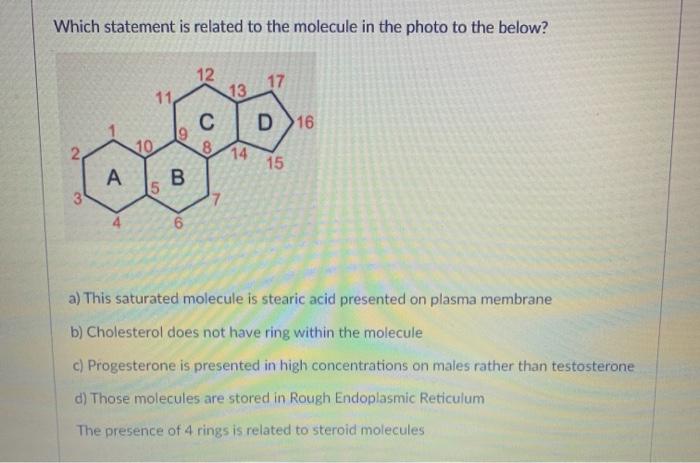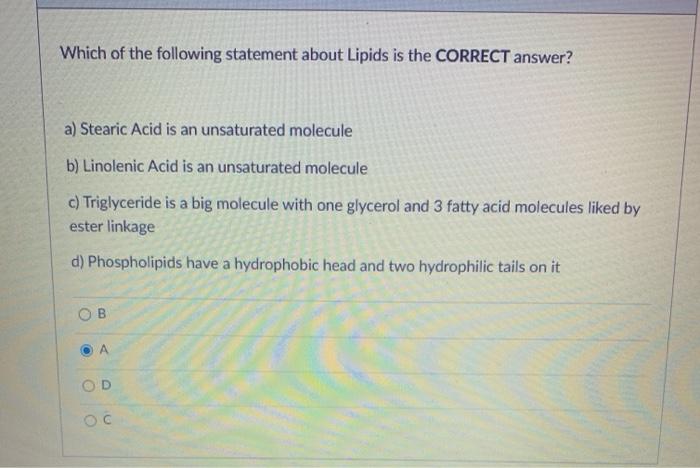Delving into the realm of carbohydrates, this exploration unravels the intricacies of their nutritional value, digestion, metabolism, and health effects. By examining the multifaceted nature of carbohydrates, we aim to uncover the truth behind the statement “All of the following statements are true about carbohydrates except.”
Carbohydrates, the body’s primary source of energy, encompass a diverse range of compounds with varying nutritional profiles. Their digestion and absorption involve a complex interplay of enzymes and factors that influence their availability to the body. Understanding carbohydrate metabolism sheds light on how these compounds are utilized for energy and their impact on insulin regulation.
Carbohydrates: Essential Energy Source for the Body

Carbohydrates, one of the three macronutrients, play a crucial role in providing energy to the body. They are composed of simple sugars, such as glucose, fructose, and galactose, which are linked together in various combinations.
Nutritional Value: All Of The Following Statements Are True About Carbohydrates Except

Carbohydrates are classified into three main types based on their structure and complexity:
- Monosaccharides:Simple sugars that cannot be broken down further, such as glucose, fructose, and galactose.
- Disaccharides:Composed of two monosaccharides linked together, such as sucrose (table sugar), lactose (milk sugar), and maltose (malt sugar).
- Polysaccharides:Complex carbohydrates composed of multiple monosaccharides linked together, such as starch (found in plants), glycogen (stored in the liver and muscles), and cellulose (found in plant cell walls).
Different types of carbohydrates have varying nutritional values. Simple carbohydrates provide quick energy but lack essential nutrients, while complex carbohydrates are digested more slowly and provide sustained energy along with vitamins, minerals, and fiber.
Foods rich in carbohydrates include whole grains, fruits, vegetables, and legumes.
Digestion and Absorption

Carbohydrate digestion begins in the mouth, where salivary amylase breaks down starch into smaller molecules. Once in the stomach, the enzyme pepsin continues the breakdown process. The majority of carbohydrate digestion occurs in the small intestine, where pancreatic amylase and other enzymes further break down carbohydrates into monosaccharides.
The monosaccharides are then absorbed into the bloodstream through the intestinal walls. Glucose is the primary monosaccharide that enters the bloodstream and is used for energy by the body’s cells.
Factors that can affect carbohydrate absorption include the type of carbohydrate, the presence of fiber, and the rate of gastric emptying.
Metabolism
Once carbohydrates are absorbed into the bloodstream, they are metabolized to provide energy for the body.
- Glycolysis:Glucose is broken down into pyruvate, which is then converted into acetyl-CoA.
- Krebs Cycle:Acetyl-CoA enters the Krebs cycle, a series of chemical reactions that produce energy in the form of ATP.
- Oxidative Phosphorylation:ATP is generated as electrons pass through the electron transport chain.
Insulin, a hormone produced by the pancreas, plays a key role in carbohydrate metabolism. It helps glucose enter cells and stimulates the conversion of glucose into glycogen for storage.
Carbohydrates are primarily used for energy by the brain, muscles, and other organs.
Health Effects

Consuming carbohydrates in moderation has several potential health benefits:
- Energy Source:Carbohydrates are the body’s primary source of energy, providing fuel for physical activity and mental function.
- Fiber Intake:Complex carbohydrates, such as whole grains and vegetables, provide dietary fiber, which is important for digestive health, blood sugar control, and weight management.
- Mood Regulation:Carbohydrates can stimulate the production of serotonin, a neurotransmitter that is involved in mood regulation.
However, excessive carbohydrate intake, particularly in the form of processed foods and sugary drinks, can contribute to weight gain, insulin resistance, and chronic diseases such as type 2 diabetes and heart disease.
For optimal health, it is recommended to consume a balanced diet that includes complex carbohydrates from whole grains, fruits, and vegetables, and to limit intake of simple carbohydrates from processed foods and sugary drinks.
FAQ Summary
Are carbohydrates essential for the body?
Yes, carbohydrates are the body’s primary source of energy and play a crucial role in various bodily functions.
Can consuming too many carbohydrates lead to weight gain?
Excessive carbohydrate intake, particularly refined carbohydrates, can contribute to weight gain if not balanced with other nutrients and physical activity.
Are all carbohydrates the same?
No, carbohydrates vary in their chemical structure and nutritional value. Complex carbohydrates, such as whole grains, provide more nutrients than simple carbohydrates, such as sugar.